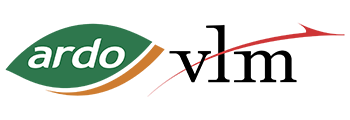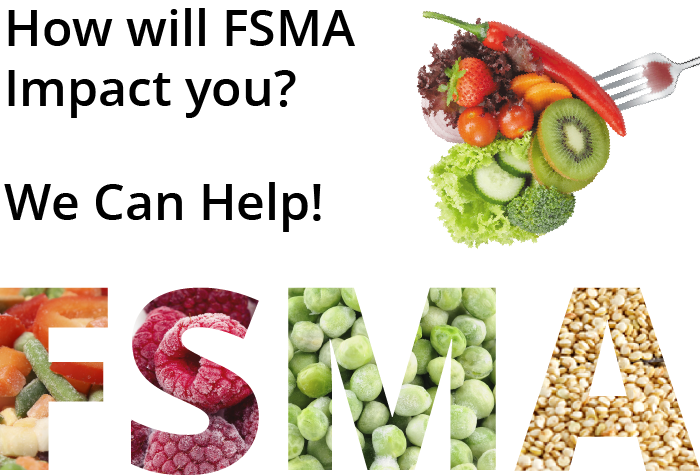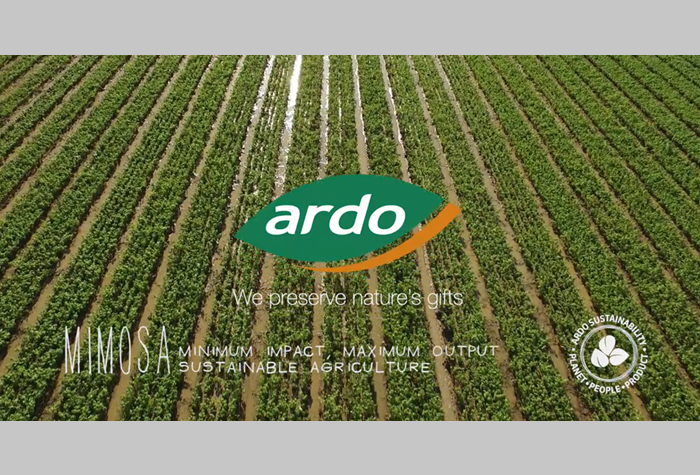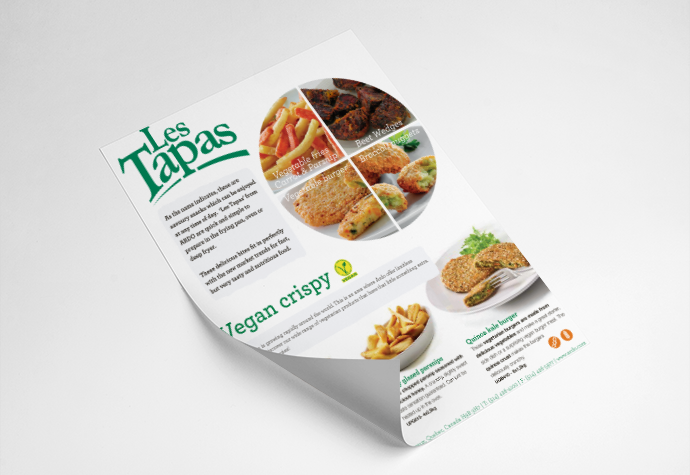I recently co-presented a FSMA webinar with Domenic Veneziano of Veneziano Consulting LLC and while our I.E. Canada webinar focused on U.S.-Canada cross border food issues, the key takeaway of our discussion is applicable to any FSMA audience…. that successful FSMA compliance is predicated upon starting early, working across business silos and making use of appropriately qualified individuals.
Collaboration
Starting early is an obvious benefit…after all the early bird catches the worm. Furthermore, when it comes to any change management initiative an early start reduces the slope and therefore cost of one’s learning curve. Similarly, childhood experience reminds us that rowing in unison and in the same direction is the most effective way to get across a lake and yet in many organizations complexity is met with the creation of business unit silos that often fail to work effectively with, if not unwittingly against, one another. With FSMA’s 50 or so new rules and regulations touching upon how fresh produce is harvested to the preventive controls to be employed in food processing facilities to the sanitary transportation of foodstuffs and defining who and under what circumstances any given stakeholder can operate as the FSVP importer irrespective of who may be operating as the customs importer….FSMA is not to be thought of as an issue that will only impact folks in QA/QC departments. Successful FSMA compliance will not only require collaboration up and down stream but within individual organizations as well.
Foreign Supplier Verification Program rule
Moving through the webinar, Domenic noted the potential for FSMA compliance issues to present costly business disruptions. As the former Director of FDA’s Division of Import Operations, Domenic underlined the importance of selecting qualified individuals to perform FSMA prescribed activities as a means of not only complying with FSMA but quite simply as a sound risk management practice. FSMA’s key import provision, the Foreign Supplier Verification Program rule, specifically requires use of qualified individuals possessing the formal education, relevant experience or a combination thereof in developing and managing an importer’s FSVP. As Domenic put it, importers need access to appropriate expertise in not only developing their actual programs but also in evaluating specific food product risks and processing hazards as well as monitoring foreign supplier compliance and corrective actions. In short, FSVP is a major undertaking requiring a high level of expertise.
VLM – Your trusted FSMA Partner
With in-house logistics, customs-trade compliance and food safety professionals working in seamless harmony, VLM is well placed as an FDA regulated stakeholder making use of our own GFSI food safety auditing expertise. A BRC auditor with additional AIB, SQF, Global GAP and FSSC 22000 certifications, VLM’s Director of Food Safety has completed the FSPCA food processing facility PCQI certification to further ensure the skillsets needed to meet FSVP requirements. Having said this, VLM’s record of investing in qualified food safety personnel is not in reaction to FSMA but a happy coincidence. A point underlined by the fact that for over a decade now VLM has stationed quality control inspectors in China. Inspectors who rotate among our VLM approved suppliers from pre-planting to harvesting, processing and export drawing random and targeted samples along the way for independent laboratory analysis as part of a VLM initiative that in some ways foreshadowed the development of FDA’s trusted food importer program…..the Voluntary Qualified Importer Program or VQIP.
Under Sec. 302 of Public Law 111-353 (aka FSMA), the FDA is required to establish a Voluntary Qualified Importer Program which might be best understood as providing a means for the expedited entry of FSMA regulated foodstuffs through trusted channels. Participation in VQIP will obviously require a great deal of collaboration between suppliers and importers let alone use of qualified individuals with this topic reminding me of informal discussions VLM had with FDA in 2009. More specifically, it was in the spring of 2009 that I had the privilege of meeting with the then head of FDA’s China section at the U.S. Embassy in Beijing. As part of that meeting, VLM provided FDA with documentation regarding the process we use to evaluate potential suppliers as well as the 2nd party audits we undertake and ongoing verification activities of our QCs permanently stationed in the country. To these documents we added copies of analysis records and risk evaluations and to paraphrase the FDA, while they appreciated the information we voluntarily sought to share with them the agency simply did not have any programs in place to do anything with the information. Fast forward to 2011 with passage of FSMA and its VQIP provisions and we certainly felt as though we were in alignment with the future of import food safety oversight regulations.
As Domenic reviewed VQIP provisions, I could not help but reflect upon the criticality of business unit collaboration and access to subject matter experts as a means of not only complying with FSMA but as a principle towards ensuring future business growth in general. While late comers to the FSMA party have time to meet approaching compliance deadlines, I for one would not want to be among any approaching FSMA for the first time with an ever steepening and increasing costly learning mountain to climb.





